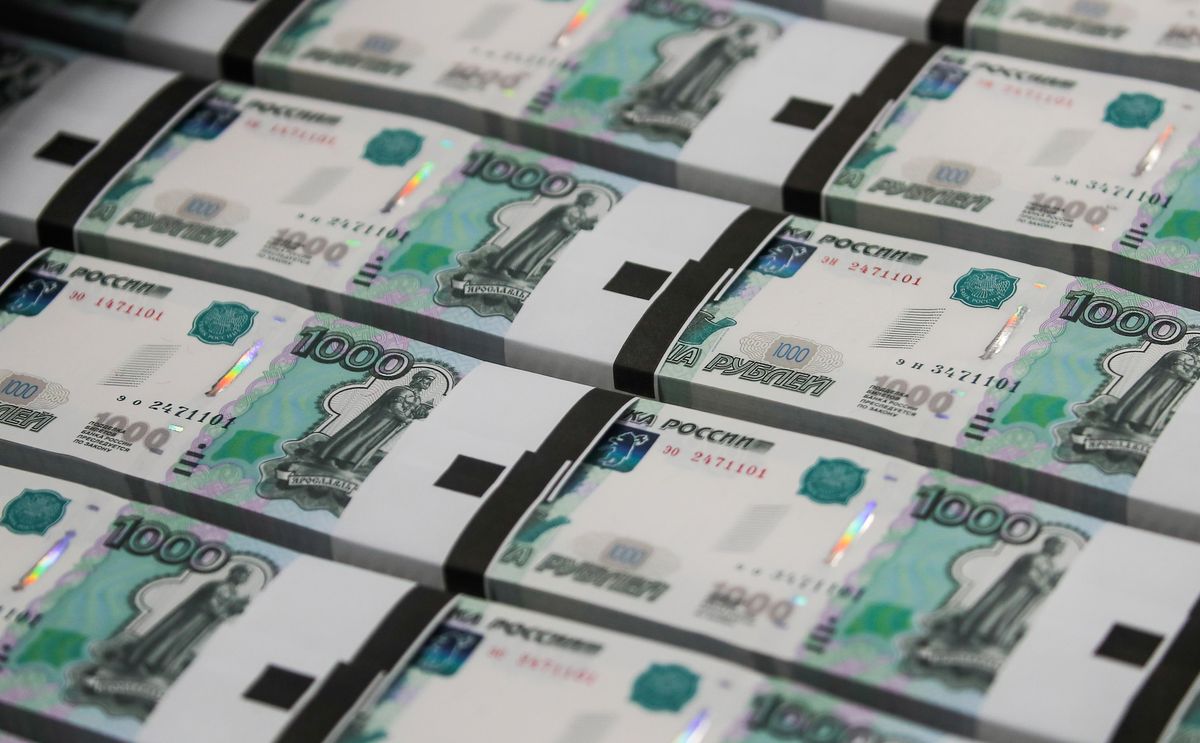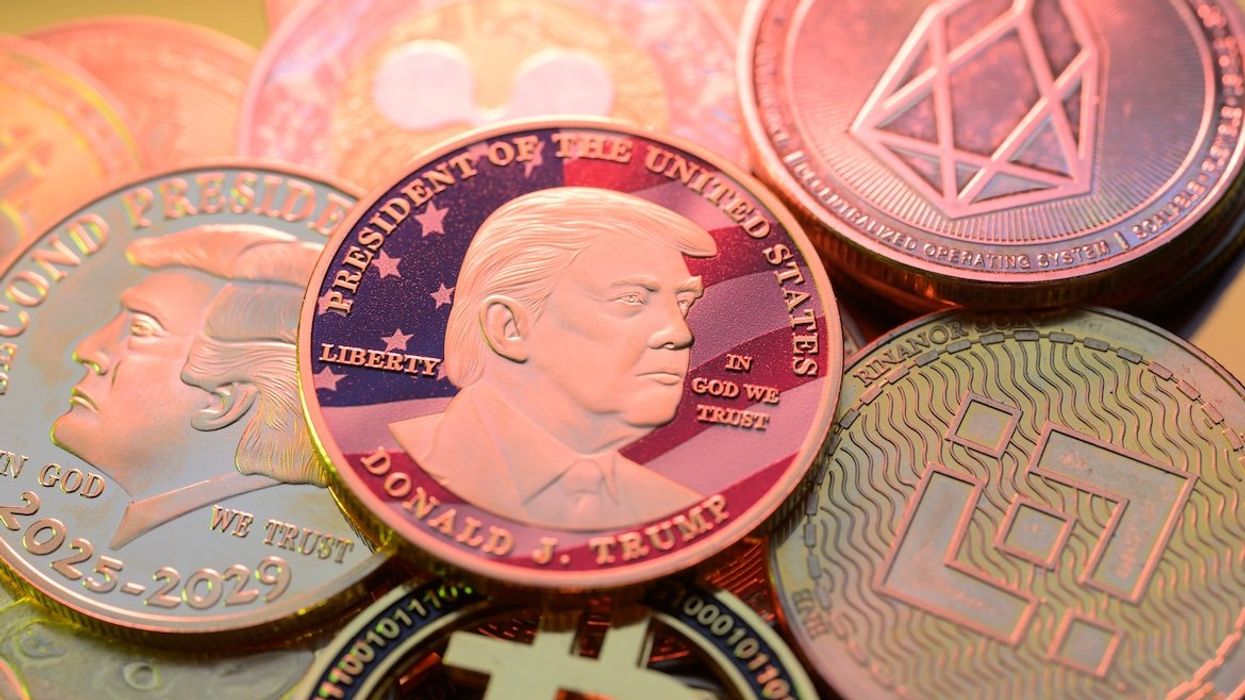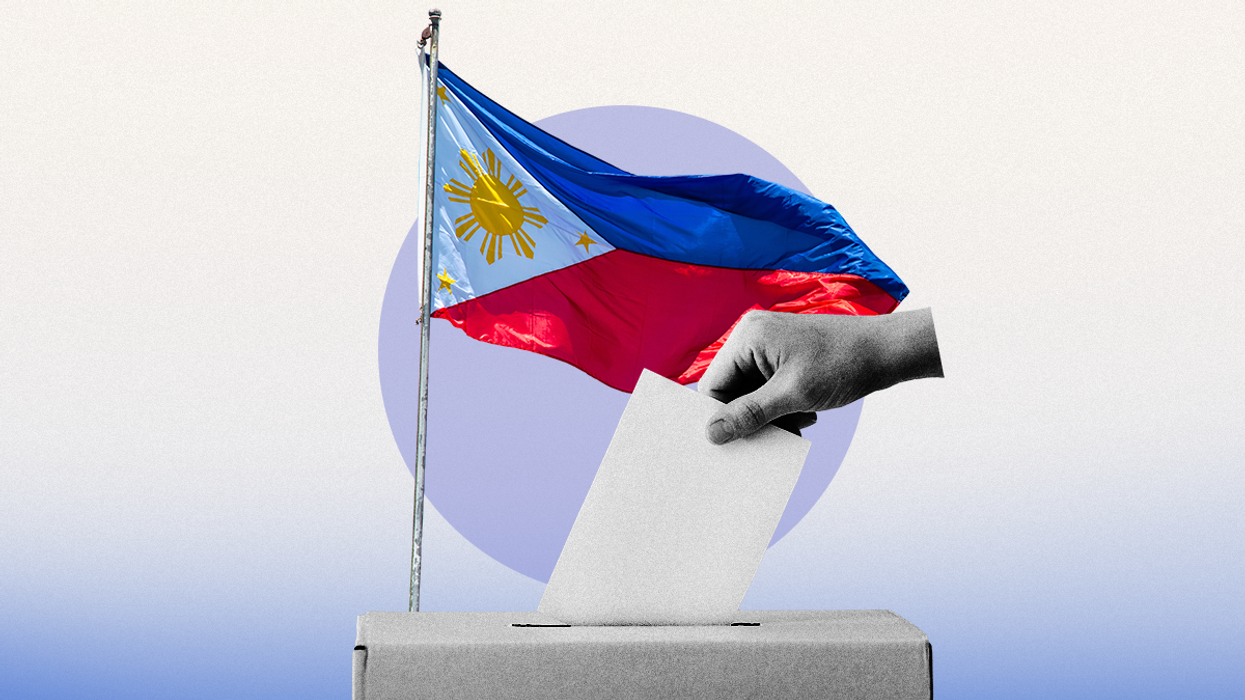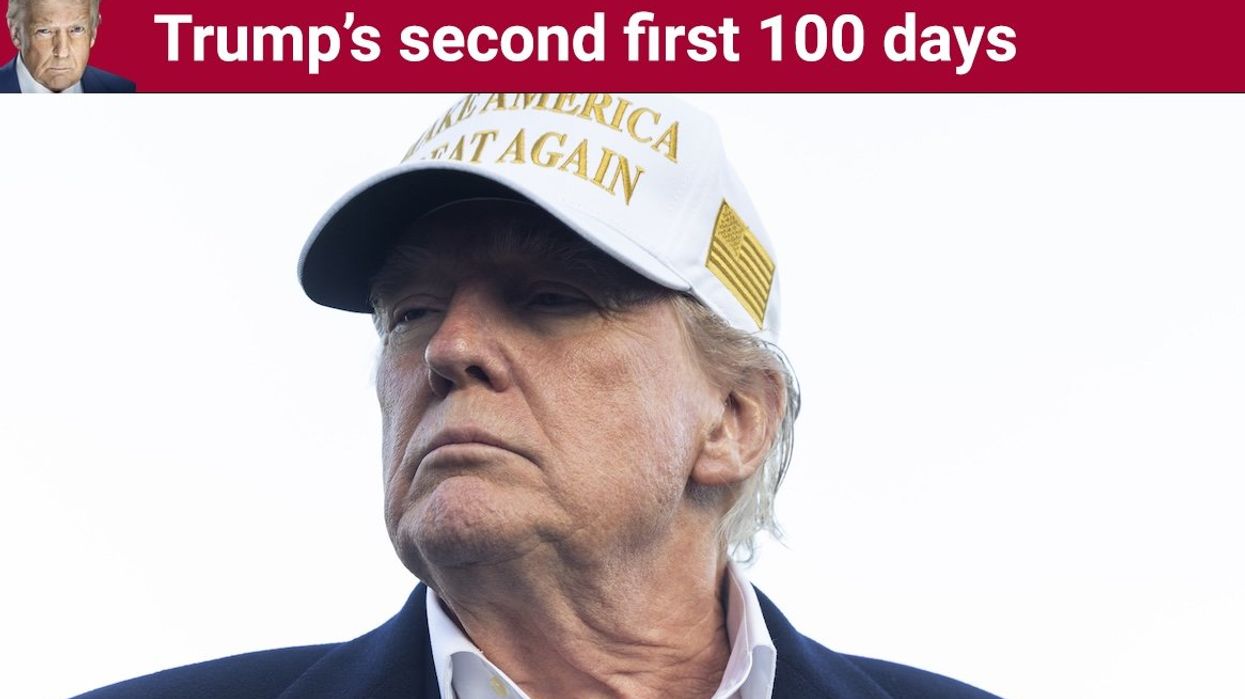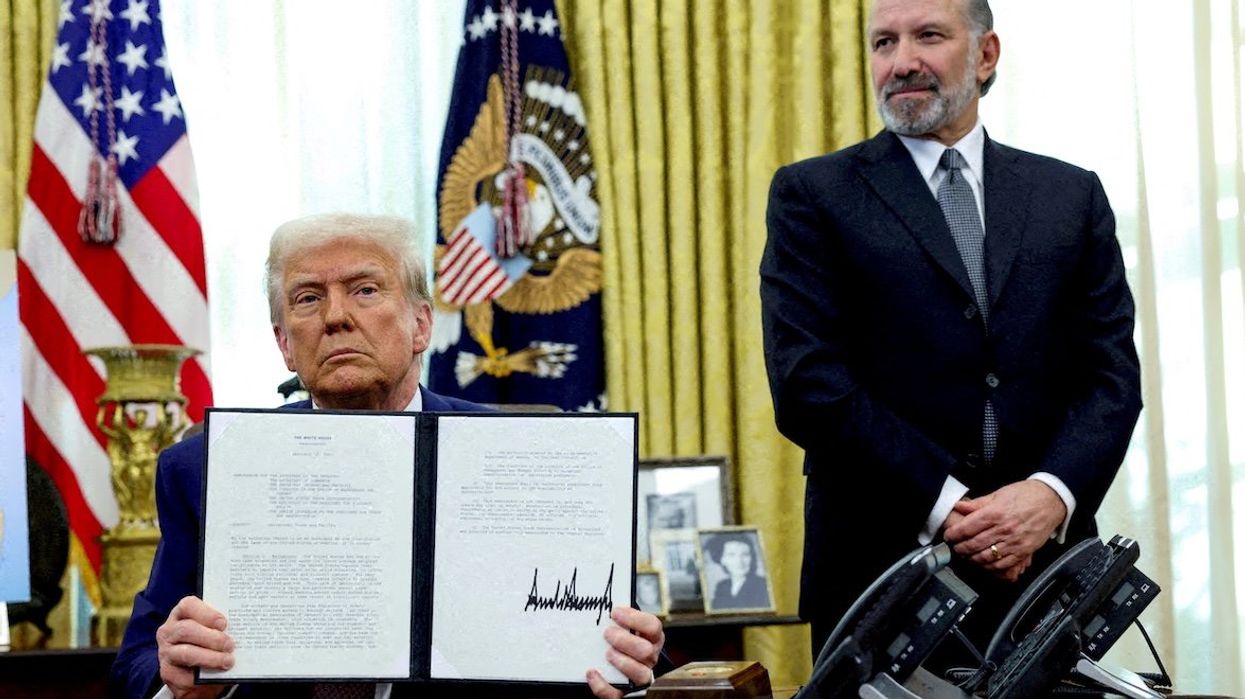Having plunged to a record low against the US dollar in early March, the ruble has since recovered most of its losses. Does this mean sanctions can’t impact the Russian economy as much as the West hoped? We asked Eurasia Group senior analyst Jason Bush for his take on the strength of Russia’s economy amid the war and the Western backlash.
The ruble recently recovered its sanctions-related losses: how?
The sanctions have done relatively little to impact Russia’s large earnings from energy exports, where prices have soared. Normally, such sky-high commodity prices would strongly support the ruble, and at present, they are helping offset the negative impact of sanctions.
We see this in Russia’s balance of payments data. Although there was a huge $64 billion outflow of capital in the first quarter — showing both foreign investors and ordinary Russians rushing to dump the ruble and buy foreign currency — this was compensated by an almost equally massive $58 billion surplus in Russia’s net foreign earnings (the current account surplus). This unusually large surplus is being powered by energy exports, which are expected to be worth more than $300 billion this year.
There are other factors, too. The Russian central bank has introduced tight capital controls, forcing companies to convert 80% of their export earnings into rubles and also limiting how much cash Russians can transfer abroad. The bank has also jacked up interest rates (the official central bank rate is 17%) to encourage depositors to keep their money in rubles.
It has also stopped accumulating foreign exchange reserves, which means that billions of dollars and euros that would normally be saved abroad by the central bank each month are instead flooding onto the forex market, meeting Russians’ heightened demand for foreign currency and therefore supporting the ruble.
What does this ruble level tell us about how well Russia is weathering sanctions?
A stable currency brings some economic benefits to Russia. For one thing, it reduces the risks of a banking crisis in which depositors rush to take their rubles out of Russian banks. It also means inflation will be lower than would be the case if the ruble plunged more seriously. However, the ruble’s resilience does not mean that Russia’s economy is shrugging off the sanctions. Even Russian officials now predict the economy will shrink by 10% this year, and some economists think the slump will be even worse.
One point to remember is that the central bank has been forced to take drastic steps, such as jacking up interest rates, which imposes major costs on the economy even if these measures succeed in stabilizing the currency. Another point is that, although the impact of sanctions on the ruble has been relatively weak so far, this impact will probably strengthen over time. The sanctions are clearly very negative for investment in Russia, and eventually, they can be expected to have a bigger negative impact on trade than has been apparent so far.
Western governments have talked about sanctioning more Russian energy exports. How much would that change things?
As Russia’s huge earnings from energy exports have been crucial in supporting the ruble, and more generally the Russian economy, it follows that meaningful steps to curtail these exports would be the most effective way for the West to increase the economic pressure.
The snag is that dependence cuts both ways. Western countries and particularly European ones are reluctant to ban Russian energy imports as this would risk severe energy shortages at home and an economic recession. This makes a full embargo impractical for the time being. Nevertheless, the West looks likely over time to increase sanctions on energy imports from Russia and more generally cut its dependence on Russian oil and gas.
How does all of the above affect Putin's political standing and choices at home?
So far there is not in fact much evidence that the Russian public is turning against Putin. His approval rating has in fact risen to over 80%, which no doubt reflects a patriotic rally-round-the-flag effect. Still, it will be interesting to watch whether this support holds up once the sanctions begin to bite into the incomes of ordinary Russians — as they undoubtedly will if the economy shrinks by 10% as expected.
Although most Russians probably do not care that much about the value of the ruble on foreign exchange markets, they do care about inflation, which will be a consequence if the ruble resumes its decline. Higher inflation is also being driven by other factors besides a weaker currency, such as disruptions to imports caused by trade sanctions or foreign companies pulling out.
So Putin has reasons to worry that the public mood could eventually sour and his popularity fall. So far, though, there is little sign this is influencing his decisions over the war.
How might all of this affect the war itself?
In terms of Russia’s economic capacity to continue the war, sanctions still seem a long way away from having a decisive impact. Russia’s continued huge export earnings mean the government is not short of money to fund the war. Continued financial stability and the seemingly high public support for Putin also mean he has no immediate incentive to change course.
Nevertheless, Putin may also be aware that as the economic costs mount, his public support could prove fragile. Arguably, this may push him towards a relatively rapid conclusion of the war. But so far, there is still not much tangible evidence that sanctions and economic difficulties are strongly influencing Putin’s military decisions.
